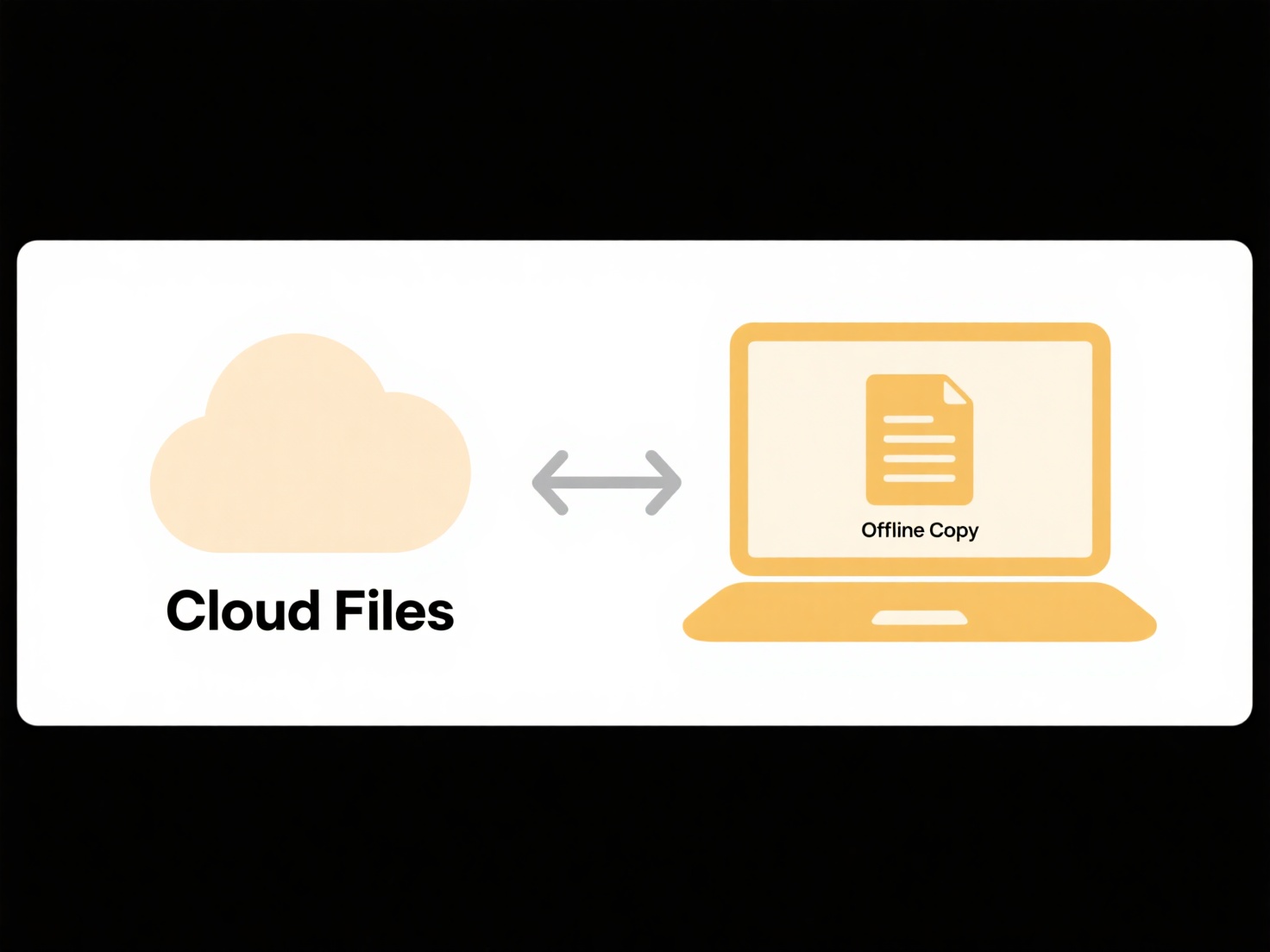
Company data separation policies restrict transferring files between work and personal accounts for security. Organizations implement these controls to protect sensitive information like client details, trade secrets, and financial records. Unlike informal sharing, these rules explicitly prevent internal resources from being sent to external platforms or accounts you manage personally, limiting potential exposure paths whether intentional or accidental.
In practice, this might mean employees cannot email a project document from their work Outlook to their personal Gmail account or cannot upload a company report from their corporate OneDrive directly into their personal Dropbox. Financial firms, healthcare providers, and technology companies commonly enforce such restrictions rigorously to comply with regulations (like HIPAA or GDPR) and prevent data leaks.

While vital for security and compliance, this separation can limit legitimate ad-hoc collaboration. Companies mitigate this by adopting approved secure sharing tools (like enterprise cloud links or encrypted email services) and implementing Data Loss Prevention software. Future innovations may see more sophisticated access controls allowing specific secure external transfers, but robust data protection policies will always necessitate clear separation between corporate assets and personal accounts.
Why can’t I share a file from my work account to a personal one?
Company data separation policies restrict transferring files between work and personal accounts for security. Organizations implement these controls to protect sensitive information like client details, trade secrets, and financial records. Unlike informal sharing, these rules explicitly prevent internal resources from being sent to external platforms or accounts you manage personally, limiting potential exposure paths whether intentional or accidental.
In practice, this might mean employees cannot email a project document from their work Outlook to their personal Gmail account or cannot upload a company report from their corporate OneDrive directly into their personal Dropbox. Financial firms, healthcare providers, and technology companies commonly enforce such restrictions rigorously to comply with regulations (like HIPAA or GDPR) and prevent data leaks.

While vital for security and compliance, this separation can limit legitimate ad-hoc collaboration. Companies mitigate this by adopting approved secure sharing tools (like enterprise cloud links or encrypted email services) and implementing Data Loss Prevention software. Future innovations may see more sophisticated access controls allowing specific secure external transfers, but robust data protection policies will always necessitate clear separation between corporate assets and personal accounts.
Quick Article Links
How does cloud file version history work?
Cloud file version history automatically saves historical versions of files as they change. When you edit documents, ima...
Can I open media files from Google Drive without downloading?
Google Drive allows you to view many media files directly in your web browser or mobile app without downloading them to ...
What format is best for large datasets?
For large datasets, optimized file formats like Parquet, ORC, and Avro are generally superior to row-based formats (CSV,...